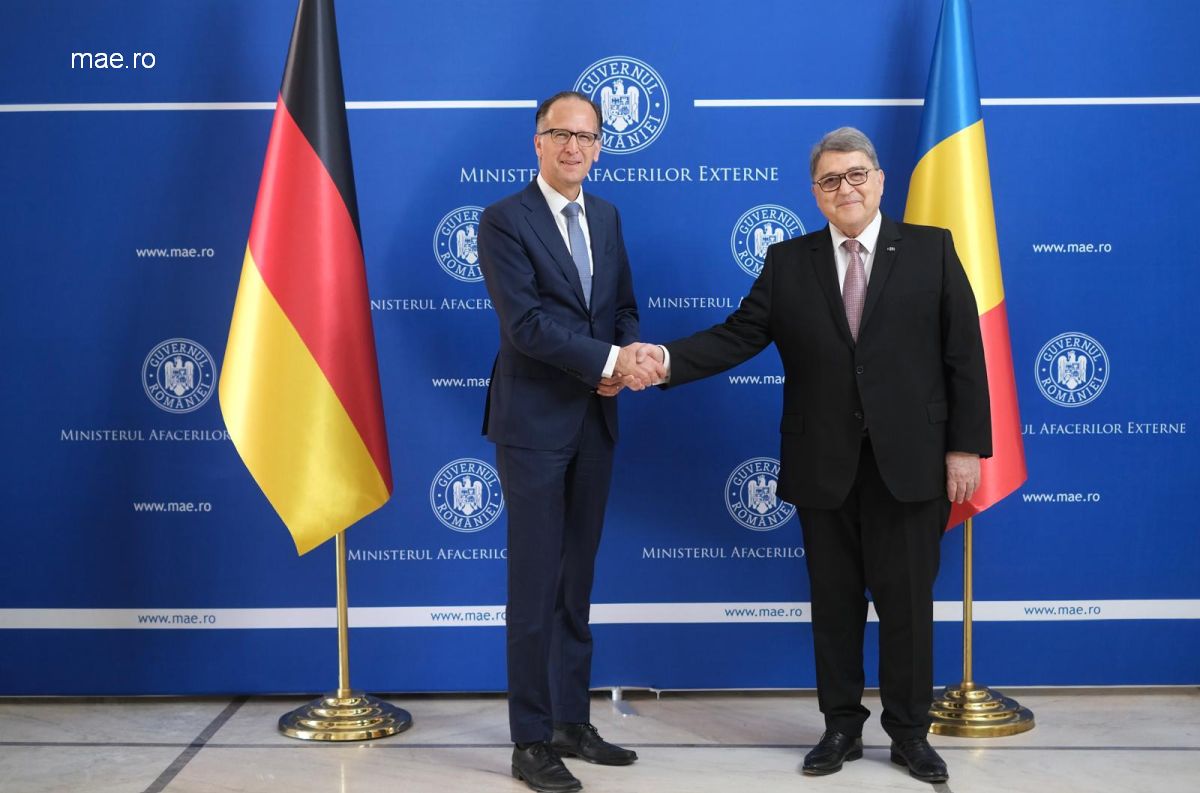Romania and the IMF
Romania will not conclude another agreement with the IMF after 2015 according to the Minister Delegate for Budget Liviu Voinea.
Corina Cristea, 20.05.2014, 14:00
Last week Standard & Poor’s financial rating agency upgraded Romania’s rating from BB+ to BBB- after the other two important rating agencies Moody’s and Fitch had done the same. Following that decision, Romania will appeal to more investors, Minister Delegate for Budget Liviu Voinea said. In addition, lending costs on the external market might also drop. The rating upgrade is all the more important as it coincides with an election year and the latest developments on Romania’s borders. Pundits say the decision was to be expected, given that several macroeconomic indices had improved significantly. Liviu Voinea explained on Radio Romania what exactly prompted that decision.
“The reduction and consolidation of the budget deficit from 9% in 2009 to 2% at present was an important factor. In 2013 the deficit stood at 2.3%, an all-time low for Romania, reflecting European accounting standards. Then Romania’s current account deficit, that is our country’s foreign transactions, also went down to 1% of the GDP, again an all-time low. This figure reflects a massive increase in exports. Inflation also hit record-low levels, of 1%-1.5% last year, and now it dropped below the updated forecast of 1.5%. Furthermore, Romania’s economic growth last year stood at 3.5%”.
According to statistics, this positive trend will continue, as Romania reported the highest economic growth rate at EU level in the first quarter of the year, 3.8%. Romanian authorities say our country will not be concluding any further agreement with the IMF, the European Commission and the World Bank after 2015. This is evidence of our country’s success in consolidating its economy, Liviu Voinea also said on Radio Romania. The Romanian official outlined our country’s main commitments as part of its financial agreements with international lenders.
“The first agreement worth 20 million euros was signed in 2009, and the money was accessed. The second agreement worth 5 billion euros was concluded in 2011, but this time no money was accessed, it was a precautionary stand-by agreement. Another agreement was concluded in 2013 worth 4 billion euros, and again, no money was accessed, it was merely aimed at providing our country with a financial failsafe. The crisis is now over, what do we need another agreement for? This is certainly the last agreement with the IMF and the European Commission”.
Romania’s foreign debt is currently expected to drop to 15% of its GDP in 2015, after in 2012 it reported in all-time high of 22%.






























